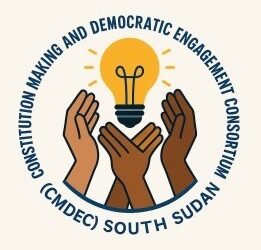By Manas James
A mobile court established in the Greater Pibor Administrative Area (GPAA) by the Judiciary in mid-March is racing against time to address a backlog of 429 major cases in Pibor town.
This significant number includes serious offenses such as murder and robbery, highlighting the urgent need for judicial intervention in the region.
Peter Ajany Kaimoi, the GPAA local government minister, informed this outlet that hearings and trials for these cases have been ongoing for approximately two weeks. He indicated that individuals convicted of capital offenses would be transferred to Juba to serve their sentences.
“About two weeks ago, the Judiciary of South Sudan deployed a team of judges to tackle the backlog of cases.
urrently, we have 429 major cases pending trial, including serious allegations like murder and robbery. These cases have accumulated due to the absence of judges in our area,” Minister Kaimoi explained.
The minister emphasized the importance of this judicial deployment, describing it as a much-needed relief for the community.
He pointed out that the lack of a functional judiciary in the GPAA has fostered a culture of impunity where serious crimes can occur without consequences.
“Customary law only addresses culture-related offenses. Major crimes, including murder and substantial theft, require a formal judiciary system. Since the inception of GPAA, we have not had a functioning judiciary,” he said.
Minister Ajany also made a strong appeal for the establishment of a permanent court in Pibor to help foster peace and justice in the region.
He believes that a stable judicial system is essential for breaking the cycle of violence that has plagued the area.
The GPAA was established in 2014 by a presidential decree that separated Pochalla and Pibor counties from the rest of Jonglei State. Since then, the region has experienced continuous inter-communal violence and other criminal activities.
The absence of a constitution and an effective judiciary since its establishment has exacerbated these issues, leaving the community in desperate need of a reliable judicial framework to uphold the rule of law and promote accountability



